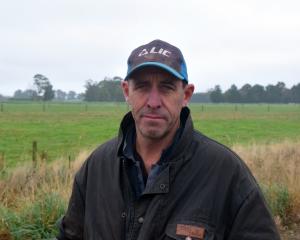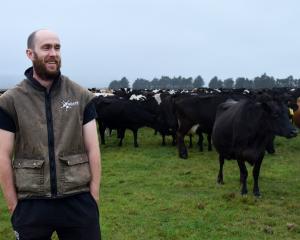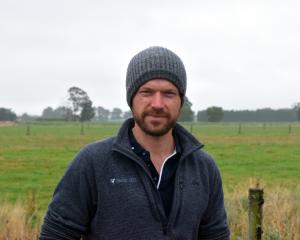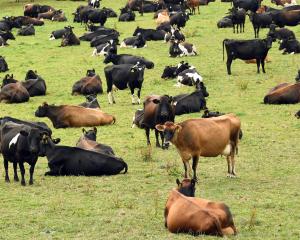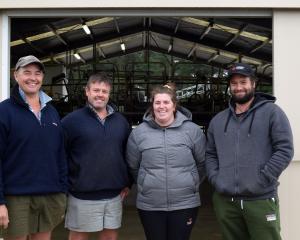A property at Middlemarch has been confirmed as testing positive for cattle disease Mycoplasma bovis.
That means the bacterial disease has now been detected in Winton, Lumsden, Invercargill, Gore, Waitaki and Waimate districts, Ashburton, Rangiora and Hawke’s Bay, as well as Strath Taieri. The number of confirmed infected properties stands at 21 and 34 properties are under restricted place notices.
In its latest stakeholder update, the Ministry for Primary Industries reiterated all detections to date were linked to the original infected properties via animal movements and had been caused by close animal contact.
MPI has contracted a private laboratory to boost the testing capacity and results reporting should pick up.
MPI’s animal health laboratory was carrying a significant Mycoplasma bovis testing workload, particularly following the detections in Southland and the large volume of additional tracing and suspect properties resulting from that.
That meant it was taking longer to process testing and provide results to farmers than might have originally been advised.
MPI apologised for the delays, saying it realised it was a stressful situation, and assured farmers that results would be communicated as soon as they were ready.
Because of the large number of samples coming through, scientists were having to test samples in a priority order, carrying out tests on the samples from the highest-risk properties first.
Properties that were not receiving results could be reassured their farm was not among those considered at highest risk.
It was expected to return to normal processing by mid-February, which meant test results should be reported back to farmers within the original timeframe of two to three weeks from samples being taken.
MPI was also appointing dedicated case managers for all farms under testing.
A compensation scheme was in place for those affected by legal directions from MPI (restricted place notices or notices of direction).
Compensation was available for damage or destruction of property or restrictions imposed under the Biosecurity Act 1993 on the movement or disposal of a person’s goods.
Good record-keeping was essential to any claim, MPI said. About 4800 animals from the initial infected enterprise had been culled.


